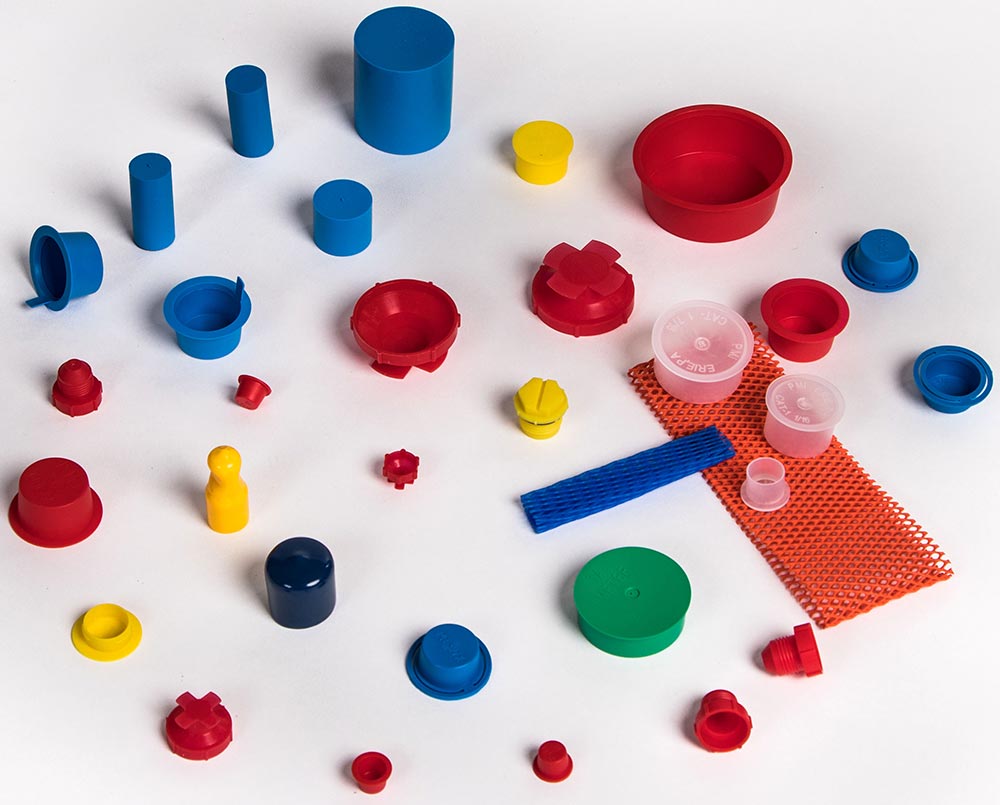News & Events


Electrical Connector Protectors: Plastic vs. Aluminum
You may have heard about the two main materials, plastic, and aluminum when it comes to electrical connector protectors. Both provide excellent benefits for your connectors, but knowing which one is the right choice for your application may feel like a challenge. Read on to learn more about the advantages and disadvantages of plastic and aluminum electrical connector protectors and make the best choice for your electrical applications.
Plastic Electrical Connector Protectors
Pros
Plastic electrical connector protectors are popular for many applications, including automotive, agriculture, and small businesses. Plastic is a valuable material with many benefits, including affordability, lightweight construction, and high corrosion resistance, making it ideal for electrical connector caps and covers. Additionally, plastic protectors are easy to install and often have built-in seals to help protect against moisture and debris.
Cons
They may not provide the utmost protection against harsh environments, especially when exposed to extreme temperatures or frequently disturbed.
Over time, plastic connectors may lose their sealing effectiveness, leaving your connectors vulnerable to electrical damage. Furthermore, the connectors may break down, become brittle, or even crack over time if they experience UV radiation for an extended period.
Aluminum Electrical Connector Protectors
Pros
Aluminum electrical connector protectors are a popular alternative to plastic protectors, especially in the military, aerospace, and fastener industries. These protectors offer durable construction, high-level protection against harsh elements, and excellent resistance against corrosion. The rugged construction of aluminum connector protectors makes them ideal for outdoor applications and connectors exposed to high vibrations, such as heavy machinery or aircraft.
Cons
Weight is one of the main challenges of aluminum connector protectors. They’re much heavier than plastic connectors, making installation challenging, especially when you must fit them into hard-to-reach places. Due to its conductive nature, aluminum can’t offer electrical insulation like plastic. However, different finishes, such as powder coating or anodizing, may help aluminum protectors minimize electrical conductance.
Choosing Plastic or Aluminum Electrical Connector Protectors
While numerous pros and cons surround both materials, choosing the best option is important. Choosing plastic or aluminum electrical connector protectors depends on the setting and its effects on the electrical system.
Aluminum connectors are an ideal choice if you intend to install the connector outdoors where exposure to moisture and harsh temperatures or high vibrations is probable. However, plastic protectors are ideal for installing the connectors in light-duty applications, such as inside of a car.
The installation space, location, and potential cost are other crucial considerations. Aluminum connectors tend to be more expensive, heavier, and require more care than plastic versions, making them less popular in most environments.
Weighing the pros and cons of each material against your specific requirements is important when making the best decision for your electrical connector protectors. Consider your application, environment, and budget to choose the ideal connector protector, depending on your needs.

